If films can take an actor to the pinnacle of success, there are often disappointments on the way, too. Varun Dhawan’s last release Kalank did not do as well as expected at the box office and the actor, whose performance was applauded, says he was affected by it. “It (Kalank) was not accepted by the audience because it was a bad film and somewhere we all failed collectively,” shares Varun, who starred alongside actors Alia Bhatt, Madhuri Dixit Nene, Aditya Roy Kapur, and Sanjay Dutt in the film.
“Making a film is a team effort. It’s wrong to blame it on the director and producer. And being a part of the team, I will take part of the blame as well. The film did let down people. We have collectively gone through why it didn’t work. Personally, it (failure) was important. I wanted the failure to affect me because if it doesn’t, then that means I don’t love my work,” he adds.

Alia Bhatt and Varun Dhawan in a still from Kalank.
But Varun has no time to linger in the past. He is looking forward to diverse films lined up for release in the coming year, including Street Dancer 3D and the remake of his father’s hit 1995 comedy, Coolie No 1. Interestingly, right from the beginning, the actor has made sure that his career is a mixed bag of genres.
So how does he maintain this kind of variety? “I choose films which I know I will enjoy doing the most. If I don’t have fun, it won’t show on screen. I am playing a street dancer in my next because I love dancers in real life. If I want something serious, I do something like October (2018). With comedy, I want to work with David Dhawan (filmmaker, also Varun’s father) because he is the best in the country. His experience will help me as an actor,” says Varun.
Looking at his choices, it seems that the actor also has a great understanding of what the audience wants, something which even his colleagues appreciate about him.
“I am first a lover of cinema and then an actor. I am here to entertain the audience and everything else comes secondary to me. Everyone goes wrong sometimes, even I have, but you have to learn [from it],” he says, adding that he has picked up things from his father.
“He has a very good take on films and he understands what the audience wants. Another thing I’ve learnt is that a film’s length should always be in control. If you don’t contain the length, the audience will not forgive that. After all, it is about their time and money. I want to make films that take Indian family entertainment ahead,” he concludes.

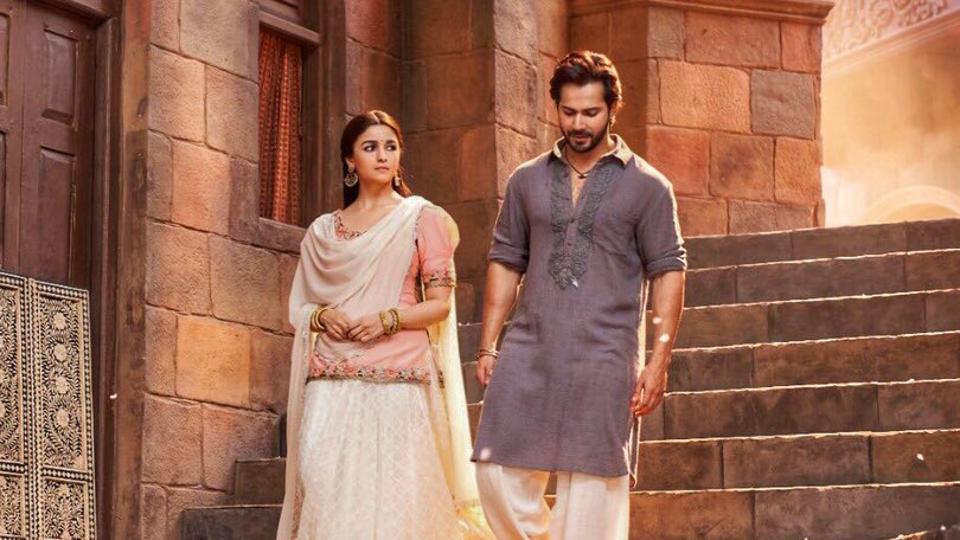


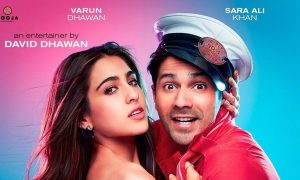

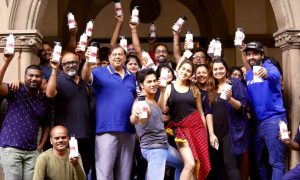





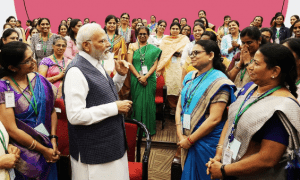

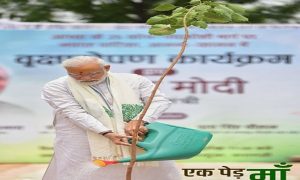

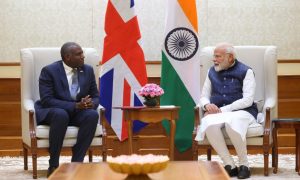



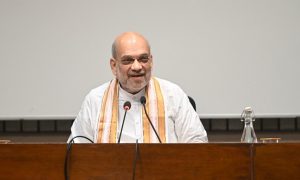

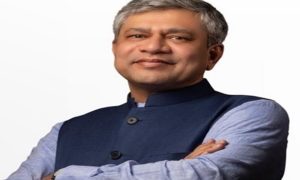



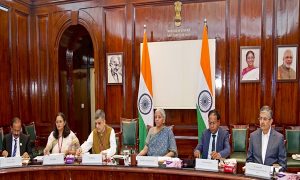

 WhatsApp us
WhatsApp us